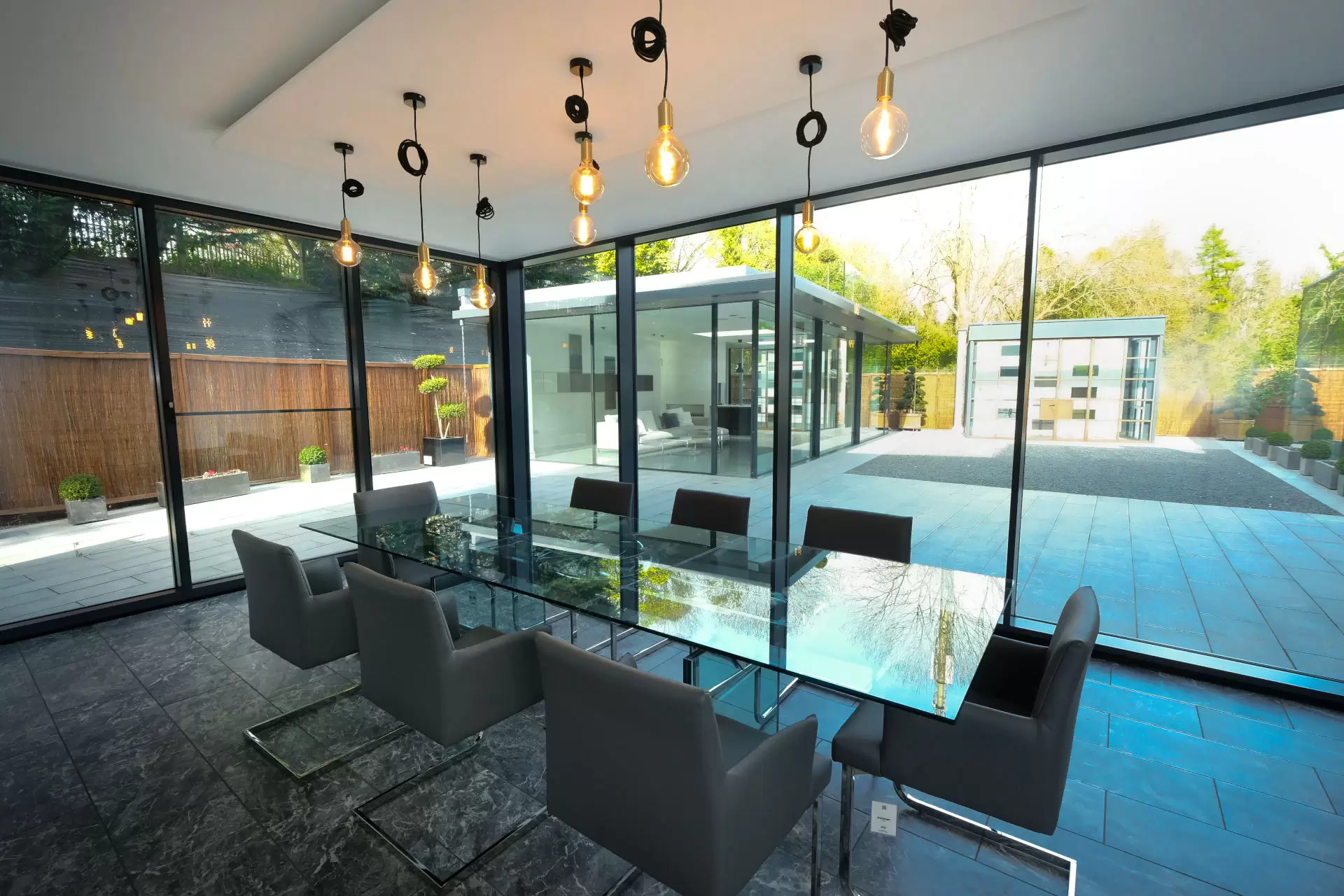HVAC SYSTEMS AND COMPONENTS
The Ultimate Guide to HVAC: Everything You Need to Know
Heating, ventilation, and air conditioning (HVAC) systems are essential for maintaining indoor comfort and air quality. Whether you're a homeowner, business owner, or property manager, understanding how HVAC systems work and how to maintain them can help you save money and improve efficiency.
What Is an HVAC System?
HVAC stands for Heating, Ventilation, and Air Conditioning. These systems regulate temperature, humidity, and air quality within a building. HVAC systems come in different types, including:
-
Split Systems: Separate indoor and outdoor units, commonly used in residential homes.
-
Packaged Systems: All-in-one systems, often used in commercial buildings.
-
Ductless Mini-Splits: Ideal for homes without ductwork, providing zone-specific heating and cooling.
-
Geothermal Systems: Energy-efficient systems that use the earth’s temperature to regulate indoor climate.
Key Components of an HVAC System
An HVAC system consists of several components that work together to maintain a comfortable indoor environment:
-
Thermostat: The control panel that regulates temperature settings.
-
Furnace: Heats air using electricity, gas, or oil.
-
Heat Pump: Transfers heat between indoor and outdoor environments.
-
Air Conditioner: Removes heat and humidity to cool indoor spaces.
-
Ductwork: Channels air throughout the building.
-
Filters: Trap dust, allergens, and pollutants to improve air quality.
Benefits of an Efficient HVAC System
A well-maintained HVAC system offers numerous advantages, including:
-
Energy Efficiency: Reduces electricity and fuel consumption, lowering utility bills.
-
Improved Air Quality: Filters dust, allergens, and contaminants.
-
Extended Lifespan: Proper maintenance helps systems last longer.
-
Comfort Control: Maintains consistent temperatures year-round.
HVAC Maintenance Tips
Regular maintenance can prevent costly repairs and extend the life of your HVAC system. Here are some essential maintenance tips:
-
Change Air Filters: Replace filters every 1-3 months to maintain air quality and system efficiency.
-
Clean Air Ducts: Remove dust buildup to improve airflow and indoor air quality.
-
Schedule Professional Inspections: Have a licensed HVAC technician inspect your system at least once a year.
-
Check for Leaks: Ensure ductwork and refrigerant lines are properly sealed.
-
Keep Outdoor Units Clean: Remove debris and keep the area around outdoor units clear.
When to Upgrade Your HVAC System
If your system is over 10-15 years old, frequently needs repairs, or struggles to maintain comfortable temperatures, it may be time for an upgrade. Modern HVAC systems offer improved efficiency, smart thermostat compatibility, and better air quality features.
Conclusion
Understanding HVAC systems and keeping up with maintenance can lead to lower energy costs, better air quality, and a more comfortable indoor environment. Whether you're looking to maintain your current system or considering an upgrade, investing in your HVAC system is a smart decision for long-term savings and comfort.
Need professional HVAC services? Contact Yehans International to ensure your system is running efficiently all year round!


